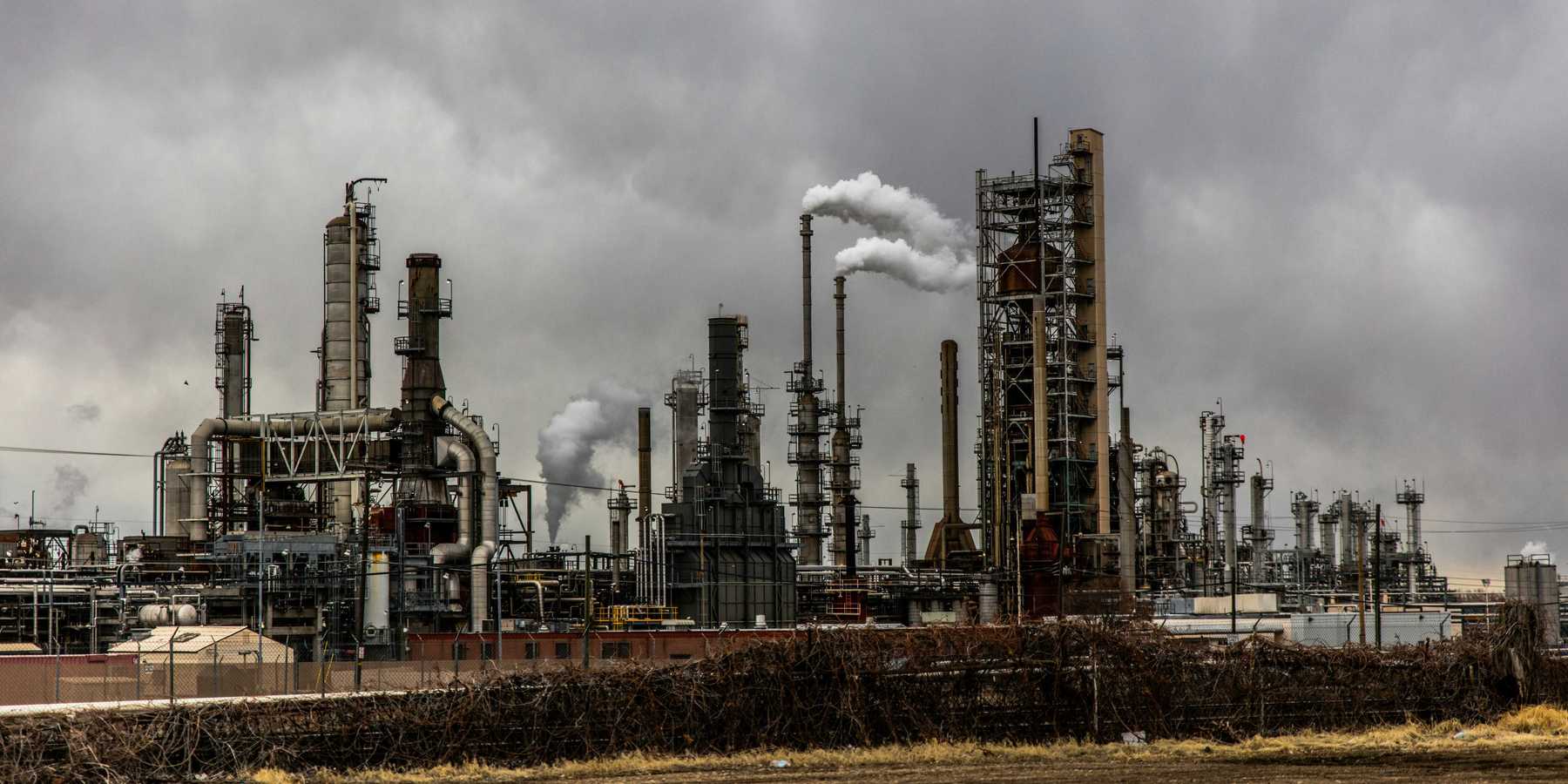The plight of Wilson's phalarope and the Great Salt Lake's future
In Utah, the iconic Wilson's phalarope is at risk due to the drastic reduction of the Great Salt Lake, exacerbated by excessive water usage and climate change.
Wyatt Myskow reports for Inside Climate News.
In short:
- The Great Salt Lake, critical to many species, is rapidly shrinking, with water levels dangerously low due to regional agricultural demands and climatic shifts.
- Environmental groups have petitioned for the phalarope to be listed as threatened, potentially triggering federal conservation actions.
- State and local efforts focus on improving water inflow to the lake, with a goal to restore significant water levels within five years.
Key quote:
"Our point is not to get a species on a list. Our point is to prevent extinction."
— Patrick Donnelly, director of the Great Basin for the Center for Biological Diversity
Why this matters:
Both Wilson's and Red-necked phalaropes depend on the lake as a critical stopover during their migration to feed and rest. The Great Salt Lake offers abundant brine flies and shrimp, essential food sources for these birds. As the lake shrinks, the salinity levels rise, which can negatively impact the brine shrimp and flies, thus depleting the food resources necessary for the survival of phalaropes during their migratory journey.













